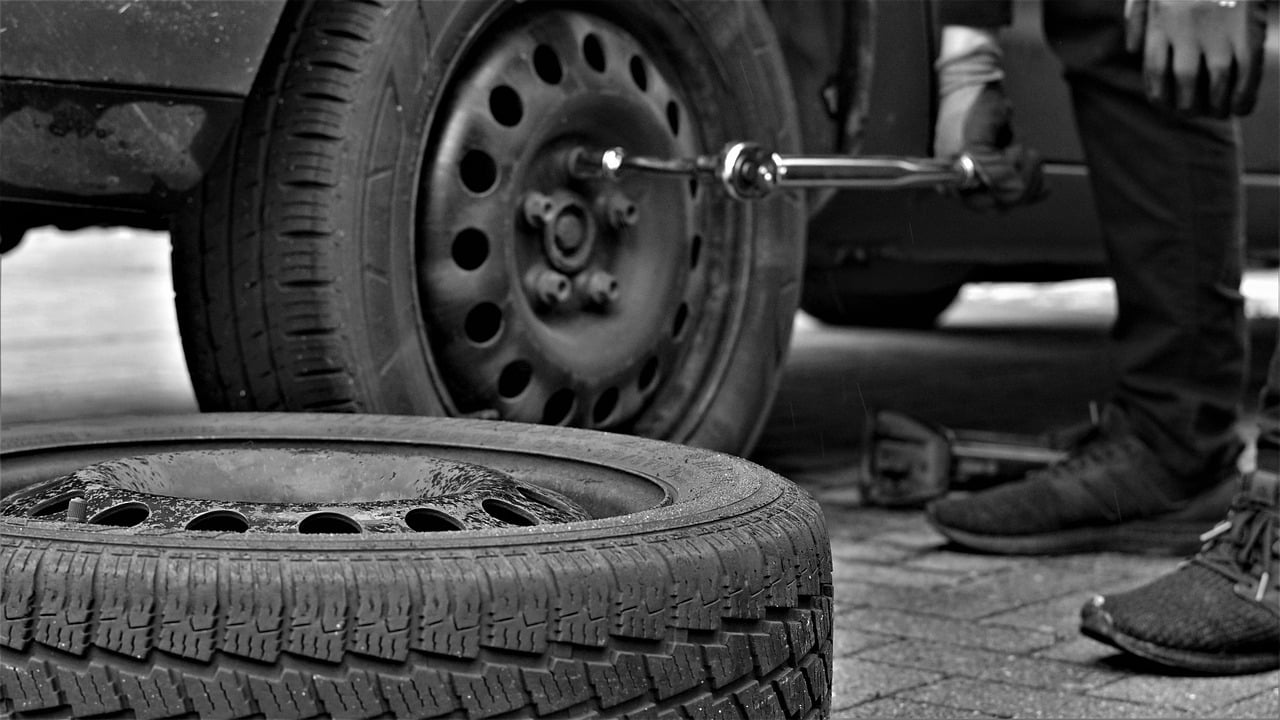Can Proper Tire Inflation Improve Your Car’s Fuel Efficiency?

Every car owner dreams of achieving maximum fuel efficiency for their vehicle. However, what many don’t realize is that the secret to improved fuel efficiency could be as simple as ensuring proper tire inflation. Yes, you read that right – maintaining the right tire pressure can help you save on fuel. In this article, we’ll discuss why it’s important to keep your tires properly inflated, how it affects your car’s fuel efficiency, and the steps you can take to maintain the right tire pressure.
Understanding Tire Inflation
Before we delve into the relation between tire inflation and fuel efficiency, it’s useful to understand what tire inflation actually means. When we talk about tire inflation, we’re referring to the amount of air pressure inside your vehicle’s tires. This pressure is usually measured in pounds per square inch (PSI). Having too much or too little air in your tires can negatively affect your car’s performance and fuel economy.
Sujet a lire : Grey tiles in the living room: tips for a sophisticated space
Tire inflation is more than just a number; it’s the lifeblood of your tires. Without the correct pressure, your tires can wear out faster, reduce your vehicle’s handling, and, yes, even decrease fuel efficiency. Let’s explore this further.
The Connection Between Tire Inflation and Fuel Efficiency
The link between tire inflation and fuel efficiency lies in the concept of rolling resistance. Rolling resistance is the energy lost when a tire rolls over a surface. When your car’s tires are under-inflated, they have a larger contact area with the road, which increases rolling resistance. This, in turn, makes your engine work harder to keep the car moving, thereby consuming more fuel.
A découvrir également : How to Choose the Right Car Ramp for DIY Maintenance?
On the other hand, if your tires are over-inflated, they will have a smaller contact area with the road, which can decrease traction and make your ride uncomfortable. While this may reduce rolling resistance, it can also lead to uneven tire wear and decrease your vehicle’s handling, making it more difficult to control your car. Therefore, maintaining the correct tire pressure is crucial in achieving optimal fuel efficiency.
Checking Your Tire Pressure
You might be wondering how to check your tire pressure. Well, it’s quite simple. All you need is a tire pressure gauge, which you can purchase at any automotive store. Alternatively, many modern vehicles come equipped with a tire pressure monitoring system (TPMS) that alerts you when your tire pressure is low.
To check your tire pressure manually, remove the valve cap from one of your tires, press the tire gauge onto the valve stem and read the PSI measurement. Repeat this for all four tires. It’s best to check your tire pressure when the tires are cold, as heat can cause the pressure inside your tires to increase.
Maintaining Proper Tire Inflation
Now that you know the importance of proper tire inflation and how to check it, the next step is ensuring that you maintain the correct tire pressure. But what is the correct tire pressure for your car? This information can usually be found in your car’s owner manual or on a sticker inside the driver’s door jamb. Remember, the recommended PSI may vary depending on your car’s make and model.
To inflate your tires, you can use an air compressor at a gas station or purchase a portable one. Remove the valve cap, connect the air hose to the valve, and inflate the tire to the recommended PSI. Be careful not to overfill your tires, as this can lead to tire blowouts or uneven wear.
Remember, maintaining the correct tire pressure is not a one-time task, but a regular part of vehicle maintenance. Make it a habit to check your tire pressure at least once a month and before long trips.
In summary, by ensuring your car’s tires are properly inflated, you are not only improving your vehicle’s fuel efficiency but also enhancing its performance and extending the lifespan of your tires. So, the next time you’re at the gas station, don’t forget to check your tire pressure – your wallet and your car will thank you!
The Impact of Tire Inflation on Vehicle’s Overall Performance
Now that you know how tire inflation can impact your car’s fuel efficiency, it’s equally important to understand how it affects the overall performance of your vehicle. Proper tire inflation is vital because it affects how your car rides, handles, and brakes, ultimately impacting your safety on the road.
Under-inflated tires can not only lead to poor fuel economy, but they can also cause your tires to overheat, increasing the risk of a blowout. Overheating tires can lead to premature wear and tear, reducing their lifespan significantly. On the other hand, over-inflated tires can result in a harsh ride and reduced traction, increasing the risk of an accident, especially in wet conditions.
Balancing tire inflation also plays a role in how evenly your tires wear. Even wear ensures that all four tires need to be replaced at the same time, which is typically more cost-effective than having to replace one or two at a time.
When your tires are perfectly inflated, they’re at their optimal shape and performance, providing a smooth ride, responsive handling, and efficient braking. Thus, ensuring proper tire inflation is a simple yet crucial step for overall vehicle performance and safety.
Conclusion: The Necessity of Proper Tire Inflation
In conclusion, tire inflation is a key aspect of vehicle maintenance that often gets overlooked. It’s not just about maintaining the right tire pressure for your car to run smoothly. As we’ve discussed, it also plays a significant role in improving your vehicle’s fuel efficiency, enhancing its overall performance, and ensuring your safety on the road.
Maintaining proper tire inflation is a simple task that can be done at home with a tire pressure gauge or at a gas station. Regularly checking your tire pressure and keeping it at the recommended PSI can save you from unnecessary fuel costs, prevent premature wear and tear on your tires, and provide a more comfortable and safer ride.
This small effort to ensure proper tire inflation can result in significant money savings over time, not to mention contributing to a healthier environment by reducing your vehicle’s carbon emissions. So, make it a habit to check your tire pressure regularly. Your car, your wallet, and the environment will thank you.
Remember, proper tire inflation is not a one-time chore but an ongoing responsibility for every car owner. So, let’s start making a difference one tire at a time!
